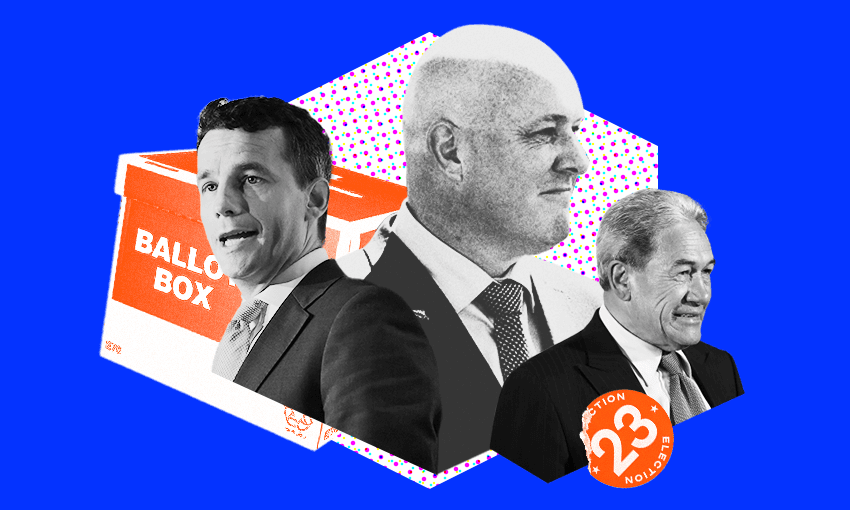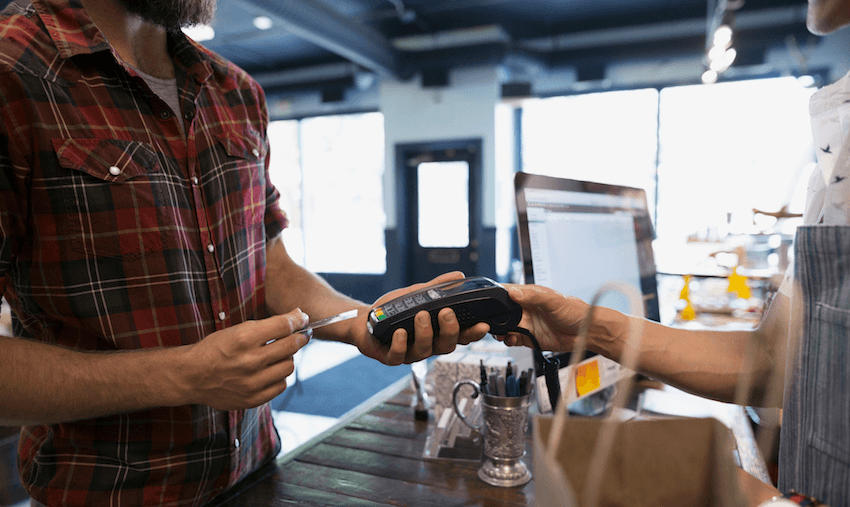New Zealand’s exclusive economic zone, the marine territory we’re responsible for, contains approximately 2.2 billion tonnes of carbon, approximately 1% of carbon stores around the world, a new study from Niwa shows. Released yesterday, the report into the quantity of organic carbon shows that carbon stored in shallower areas of the continental shelf and around coastlines is ad risk of being released through disturbance or dredging.
Like all living things, marine species contain carbon; when they die, their bodies sink to the bottom of the sea, taking that carbon with them. If the marine sediments are disturbed, then the carbon gets mixed into the water again and can become carbon dioxide in the ocean or atmosphere. Marine sediments are among the largest stores of carbon on earth.
Bottom trawling for fishing is among the activities that can release the carbon from the sea floor. Areas around Fiordland had particularly high amounts of carbon, and trawling activities have been taking place here. The research, commissioned by the Parliamentary commissioner for the environment, will give regulators more tools to manage human activities in carbon-rich areas of ocean.




